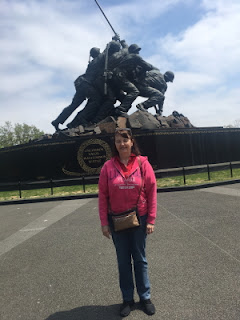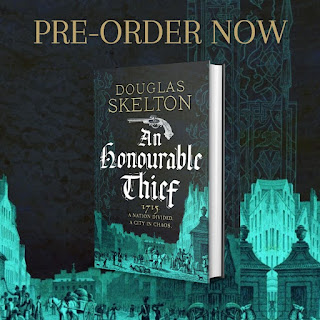I've been thinking of memories and how they lie dormant until something resurrects them, sometimes like a butterfly emerging from the pupa stage, other times like Dracula rising from the grave.
A snatch of music can transports me back to people, places, experiences.
A glimpse of a movie on tv recalls which cinema I first saw it. And who I was with.
A photograph I've taken drops me instantly back to that day.
That has been happening a lot lately, because I've been digitising old 35 mm negatives, mostly shots of dogs and cats that have long crossed that rainbow bridge. It's good to see these old pets again, especially as they are generally young and active in the shots. Age has not withered them. These images are moments of time frozen in ink on photographic paper, now immortalised in pixels and bytes of data.
Why am I telling you this?
It's really just an excuse to run some dog pics!
These are all of Charlie, a bearded collie. I've had a number of dogs over the years, even more cats, and they were all special. My regular reader (she's a lovely person, enjoys a boiled sweet) knows that currently I have Mickey as a companion and he is very much my world, along with Tom the cat.
But Charlie...ah, Charlie.
He was the kind of dog that people smiled at in the street. There was just something about him that made them respond.
My wife found him one day tied to a park bench in a helluva state. His coat was matted, his claws were so long he was walking on the heels of his pads. She took him home and he was named Charlie because he was a bit of a tramp.
Charlie knew a good thing when he saw it and soon made himself at home. And he was a great dog. He loved the car, loved to go on trips. When it was time for me to pick my wife up from her office, he would do a little dance in the hallway because he knew he was coming too. He would sit in the back seat, looking through the windscreen, swaying with the corners.
He even went camping with us and I remember one day in Ullapool in the Scottish highlands when we wondered why people were walking past the back of our tent and giggling. It turned out he was lying inside, his nose and eyes poking out from under it and watching the world going by.
It's never easy when a pet leaves you and Charlie was a particular wrench. He grew gradually weaker, less active, not nearly as perky. He faded away. And then, one day, he simply breathed once more and was gone.
He was buried in the corner of a garden I no longer own and I often wonder if the new owners ever see a cheeky, lovable face peering at them through the grass.
My wife died three years ago and I like to think that somewhere Charlie was waiting for her, along with all the other dogs and cats that have gone before. Young again. Smiling as he is the picture. Perhaps doing a little dance as he anticipates a trip somewhere.





























